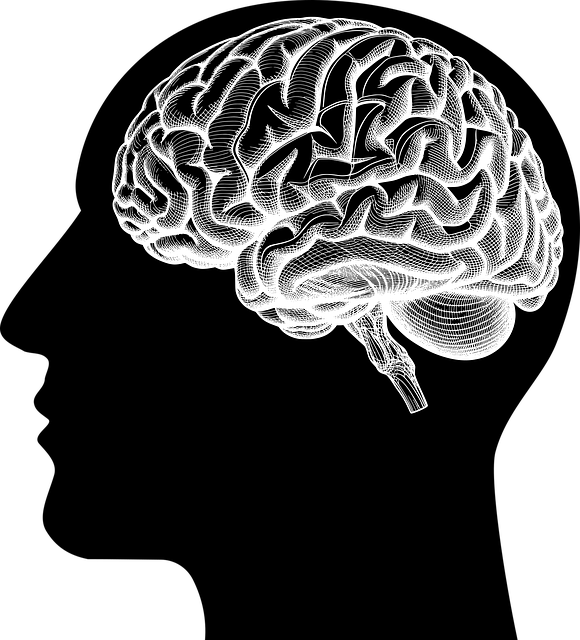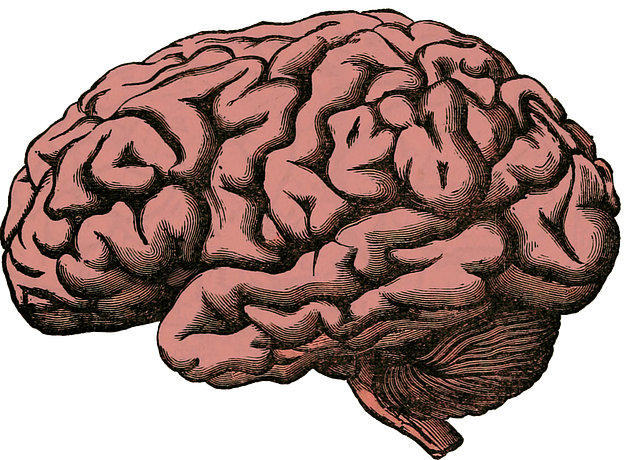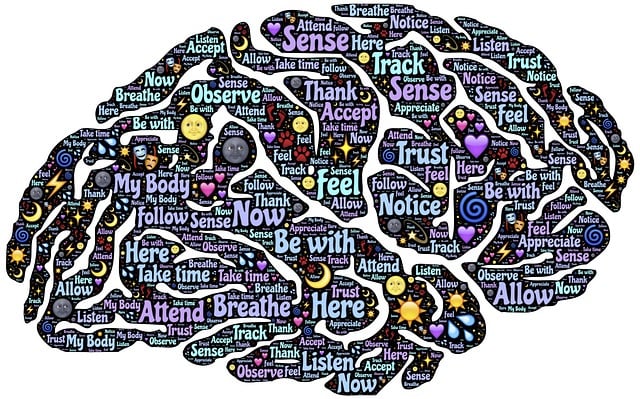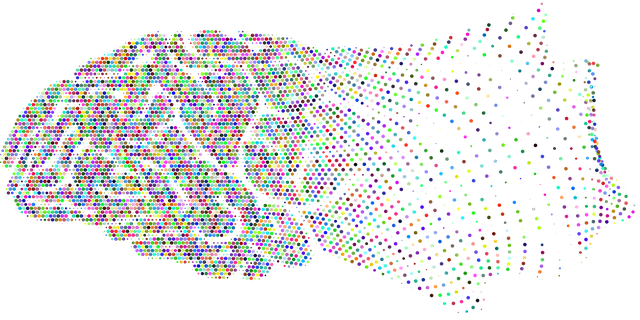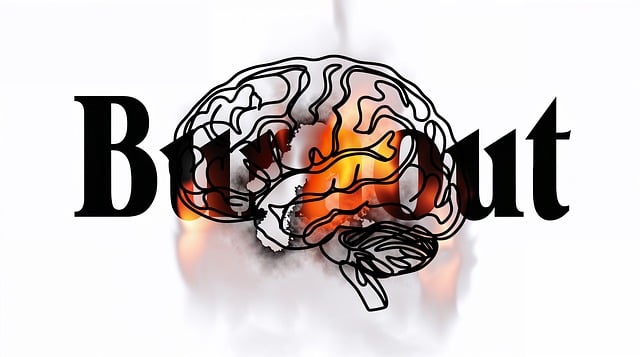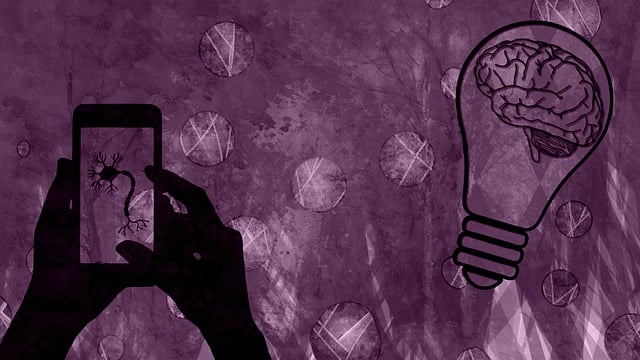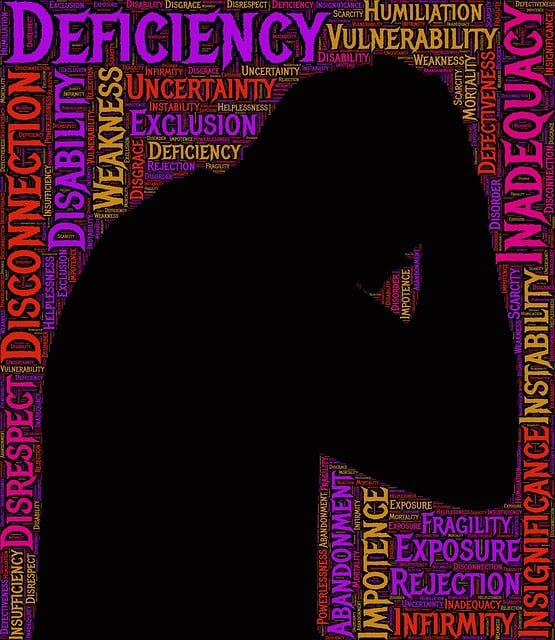Mental wellness self-assessment tools, including those focusing on conditions like Lone Tree Post-Traumatic Stress Disorder (Lone Tree PTSD) Therapy, are valuable resources for understanding and managing mental health. These tools provide structured evaluations of psychological well-being, enabling early detection of common mental health issues. For maximum effectiveness, they should be culturally sensitive, incorporate empathy-building strategies, and offer personalized exercises to enhance self-esteem and foster supportive communities. Innovative approaches in Lone Tree PTSD therapy, such as self-care routines, empathy building, and journaling, have revolutionized mental wellness assessments and treatments, empowering individuals to actively manage their mental health and build resilience.
Mental wellness self-assessment tools play a crucial role in individual’s journey towards better mental health. This article explores the development and importance of such tools, focusing on how they can be tailored to meet diverse needs. We delve into specific strategies, examining their effectiveness in addressing Lone Tree Post-Traumatic Stress Disorder (LTPTSD) through innovative therapy approaches. By understanding these tools’ impact, we can enhance mental health support, making it more accessible and impactful for those in need.
- Understanding Mental Wellness Self-Assessment Tools
- Developing Effective Tools for Individual Needs
- Integrating and Evaluating the Impact of Lone Tree Post-Traumatic Stress Disorder Therapy Tools
Understanding Mental Wellness Self-Assessment Tools

Mental wellness self-assessment tools play a pivotal role in empowering individuals to take charge of their mental health and seek appropriate support. These tools are designed to provide a comprehensive evaluation of one’s psychological well-being, enabling early detection of potential issues like anxiety, depression, or post-traumatic stress disorder (Lone Tree Post-Traumatic Stress Disorder Therapy). By offering insights into various aspects of mental wellness, they facilitate informed decision-making regarding self-care routine development for better mental health.
Beyond individual assessment, cultural sensitivity in mental healthcare practice is essential when utilizing these tools. They should be designed and implemented with an understanding of diverse cultural backgrounds, ensuring their effectiveness across different communities. Additionally, empathy building strategies can enhance the user experience, fostering a safe and supportive environment that encourages honest self-reflection.
Developing Effective Tools for Individual Needs

Developing effective mental wellness self-assessment tools requires tailoring them to individual needs. This is particularly crucial in addressing diverse conditions like Lone Tree Post-Traumatic Stress Disorder (PTSD) Therapy, where traditional methods may not be as effective. Tools should incorporate dynamic assessment strategies that account for unique personal experiences and circumstances, ensuring a nuanced understanding of one’s mental health status.
For instance, self-esteem improvement exercises can be integrated into these tools to help individuals gauge their self-perception and identify areas for growth. Additionally, public awareness campaigns development and empathy building strategies can enhance the user experience by providing educational content and fostering supportive communities. Such approaches contribute to creating comprehensive resources that cater to a broader spectrum of mental wellness needs.
Integrating and Evaluating the Impact of Lone Tree Post-Traumatic Stress Disorder Therapy Tools

The development of Lone Tree Post-Traumatic Stress Disorder (Lone Tree PTSD) therapy tools has opened up new avenues for mental wellness self-assessment and treatment. Integrating these innovative approaches into conventional therapy practices offers a holistic view of an individual’s mental health, especially in addressing the complex nature of PTSD. By evaluating the impact of these tools, therapists can gain valuable insights into their clients’ experiences and tailor interventions accordingly.
Self-care routine development, empathy building strategies, and mental wellness journaling exercises are among the techniques that have proven effective when incorporated into Lone Tree PTSD therapy. These practices encourage individuals to take an active role in managing their mental health by fostering self-awareness, coping mechanisms, and a sense of agency. The guidance provided through these exercises allows for a more personalized journey towards better mental health and resilience.
Mental wellness self-assessment tools play a pivotal role in empowering individuals to take charge of their mental health. By understanding the nuances of various assessment methods and tailoring them to specific needs, we can effectively support those dealing with conditions like Lone Tree Post-Traumatic Stress Disorder (LTPTSD). Integrating and evaluating these tools ensures that interventions are not only accessible but also impactful. As we continue to refine and innovate in this domain, prioritizing individual needs will remain paramount in fostering holistic mental wellness.
